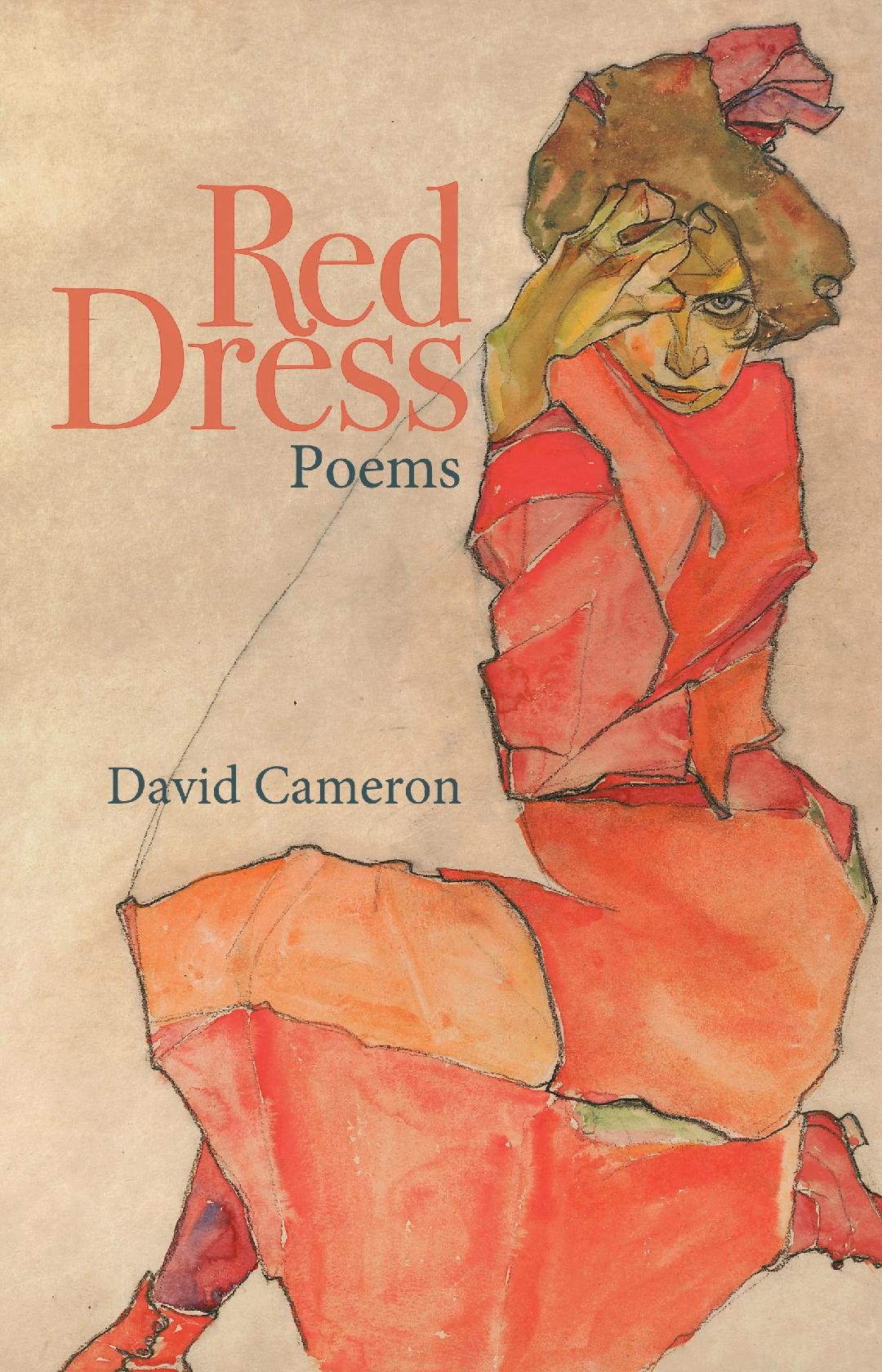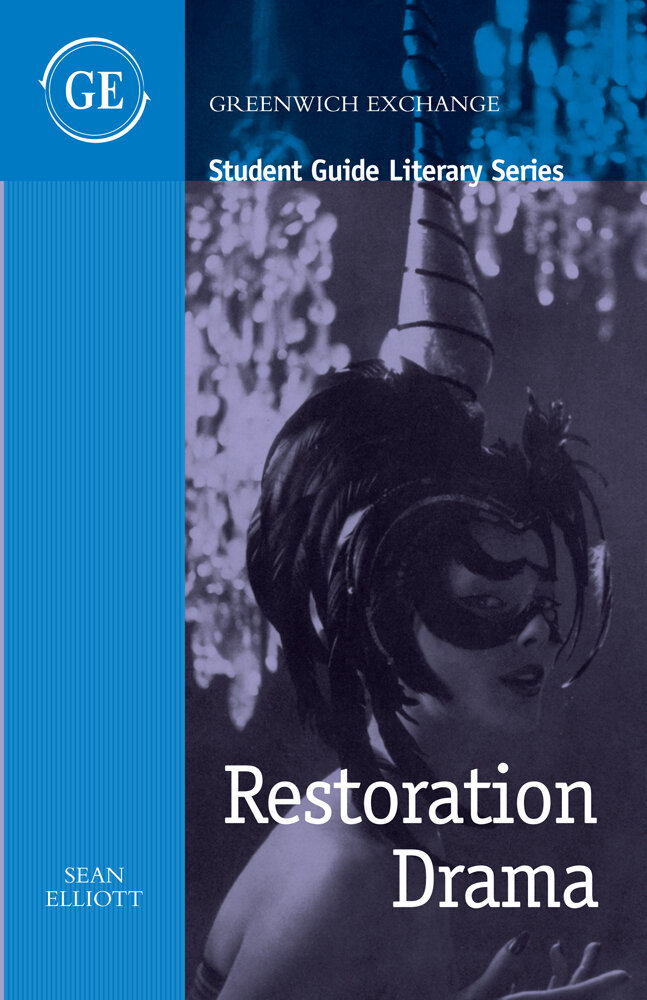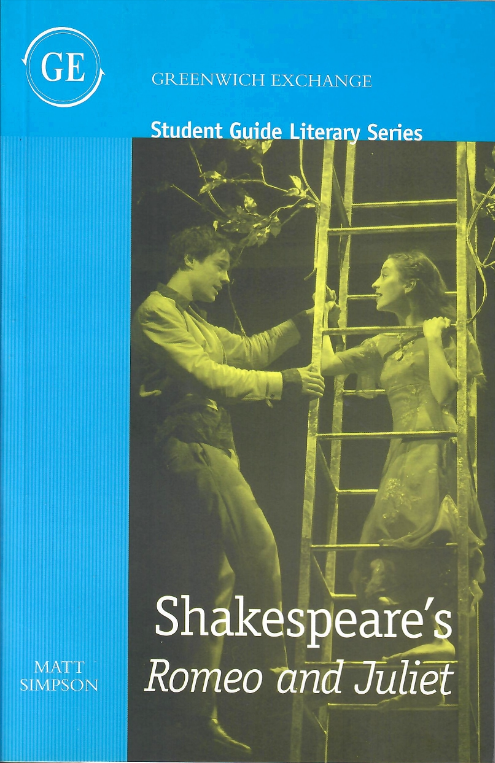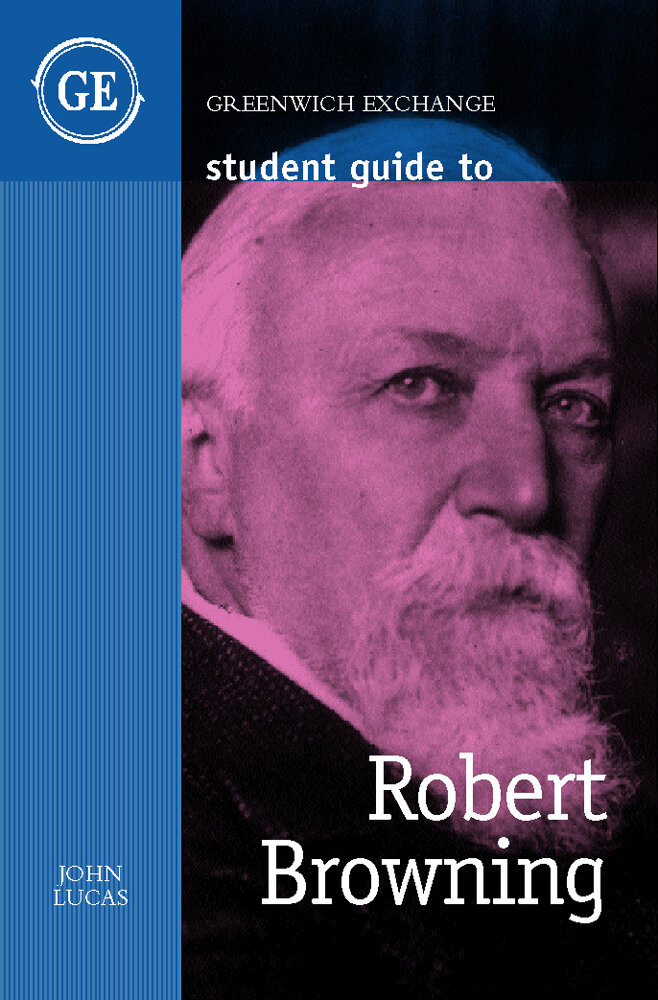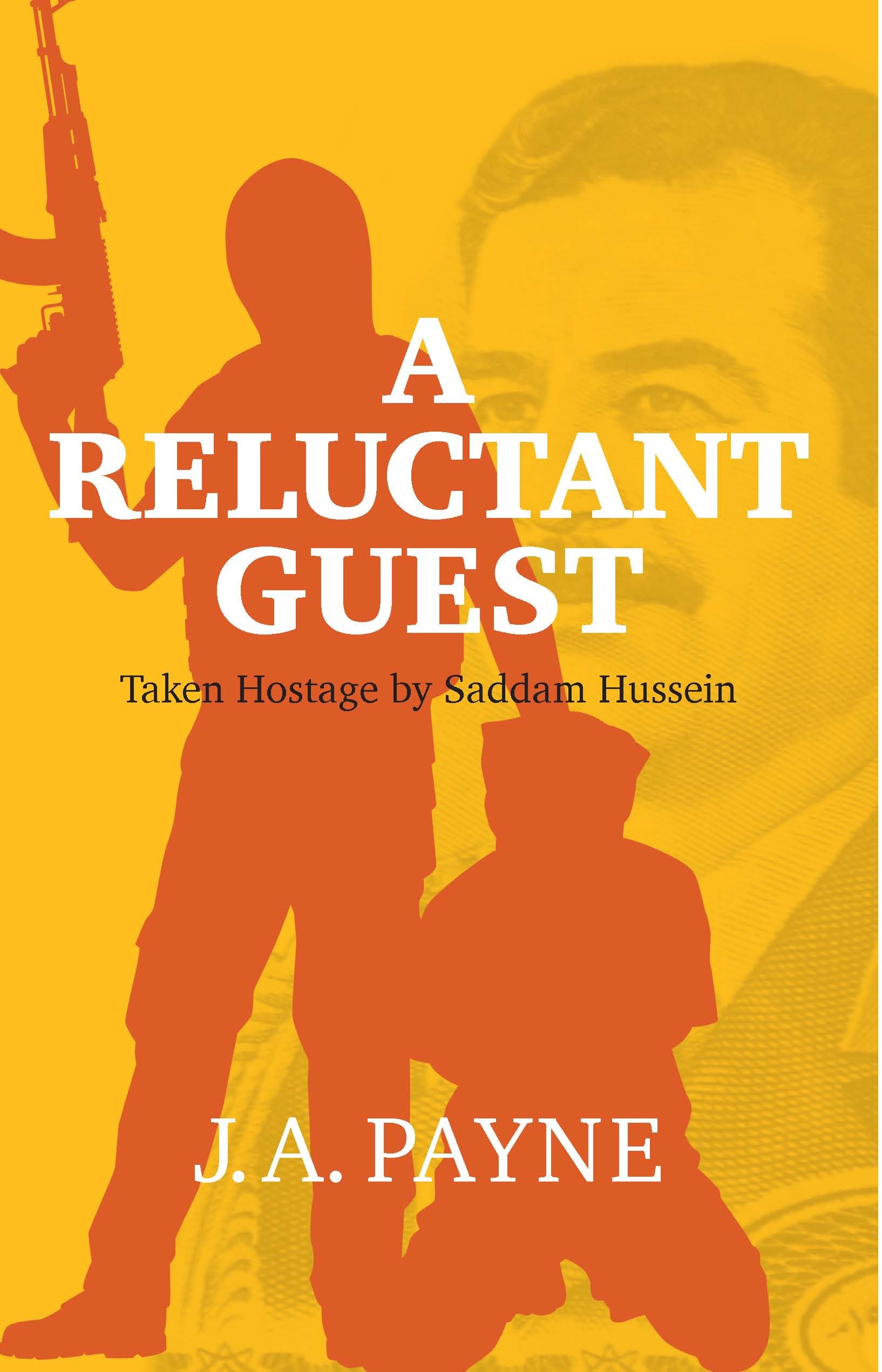 Image 1 of 1
Image 1 of 1


Rupert Brooke: Poetry, Love and War
When Rupert Brooke died in the Aegean in 1915 on his way to Gallipoli he was instantly canonised as the heroic soldier-poet and martyr to the cause of British honour, and his sonnet 'If I should die ... ' became the emblem of patriotic youth.
Ever since, he has been regarded as a war poet, but the impression is misleading. Working in the early 1900s when poetry was in reaction to the 'decadent' 1890s, he was essentially a modernist who combined the open-air freshness and simplicity of the Georgians, most famously in 'Grantchester', with experimental explorations of the inner life which precede and parallel the early poems of T.S. Eliot.
Like Eliot, he was a poet of ideas, with a special interest in the Elizabethans, Donne and John Webster, but he was also, and above all, a love poet reflecting on the emotional complexity of his own life.
Rupert Brooke: poetry, Love and War sets Rupert Brooke's best-known poems in the context of his life and loves, and an appendix adds a selection of further poems to illustrate the diversity of his contribution to English poetry.
About the author:
Henry Maas is an editor and specialist in late nineteenth-century English art and literature, particularly the work of Oscar Wilde, Aubrey Beardsley, Ernest Dowson and A.E. Housman. Greenwich Exchange has published his last two books, Ernest Dowson: Poetry and Love in the 1890s (2009) and A.E. Housman: Spoken and Unspoken Love (2012).
180 pages
ISBN: 978-1-906075-92-7
When Rupert Brooke died in the Aegean in 1915 on his way to Gallipoli he was instantly canonised as the heroic soldier-poet and martyr to the cause of British honour, and his sonnet 'If I should die ... ' became the emblem of patriotic youth.
Ever since, he has been regarded as a war poet, but the impression is misleading. Working in the early 1900s when poetry was in reaction to the 'decadent' 1890s, he was essentially a modernist who combined the open-air freshness and simplicity of the Georgians, most famously in 'Grantchester', with experimental explorations of the inner life which precede and parallel the early poems of T.S. Eliot.
Like Eliot, he was a poet of ideas, with a special interest in the Elizabethans, Donne and John Webster, but he was also, and above all, a love poet reflecting on the emotional complexity of his own life.
Rupert Brooke: poetry, Love and War sets Rupert Brooke's best-known poems in the context of his life and loves, and an appendix adds a selection of further poems to illustrate the diversity of his contribution to English poetry.
About the author:
Henry Maas is an editor and specialist in late nineteenth-century English art and literature, particularly the work of Oscar Wilde, Aubrey Beardsley, Ernest Dowson and A.E. Housman. Greenwich Exchange has published his last two books, Ernest Dowson: Poetry and Love in the 1890s (2009) and A.E. Housman: Spoken and Unspoken Love (2012).
180 pages
ISBN: 978-1-906075-92-7


